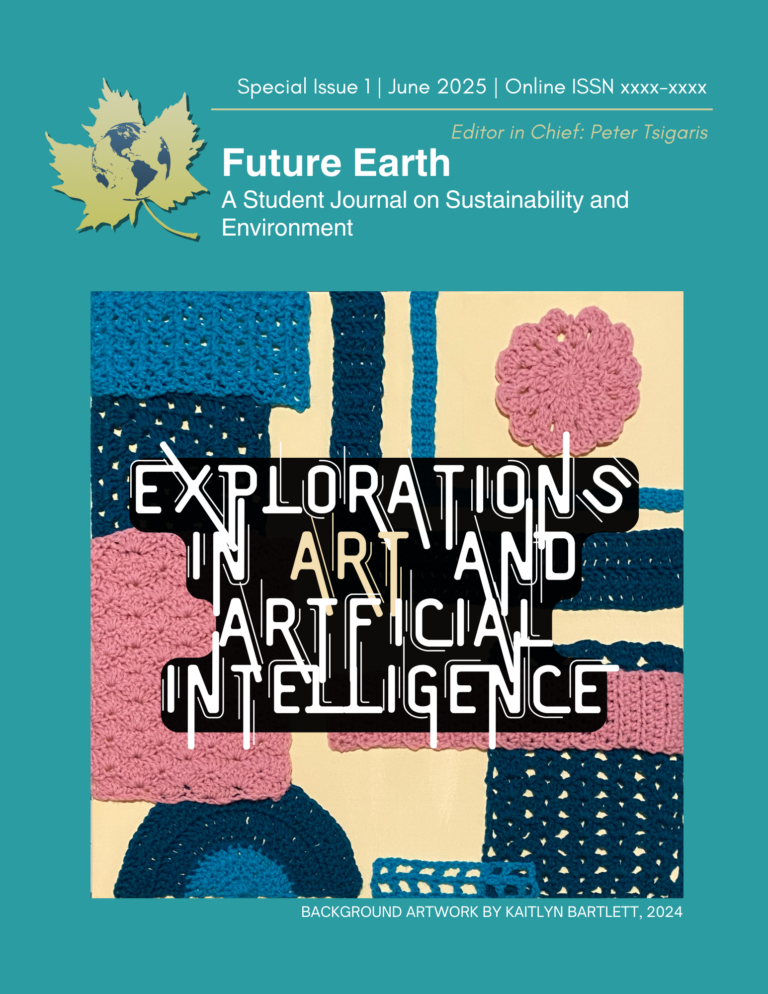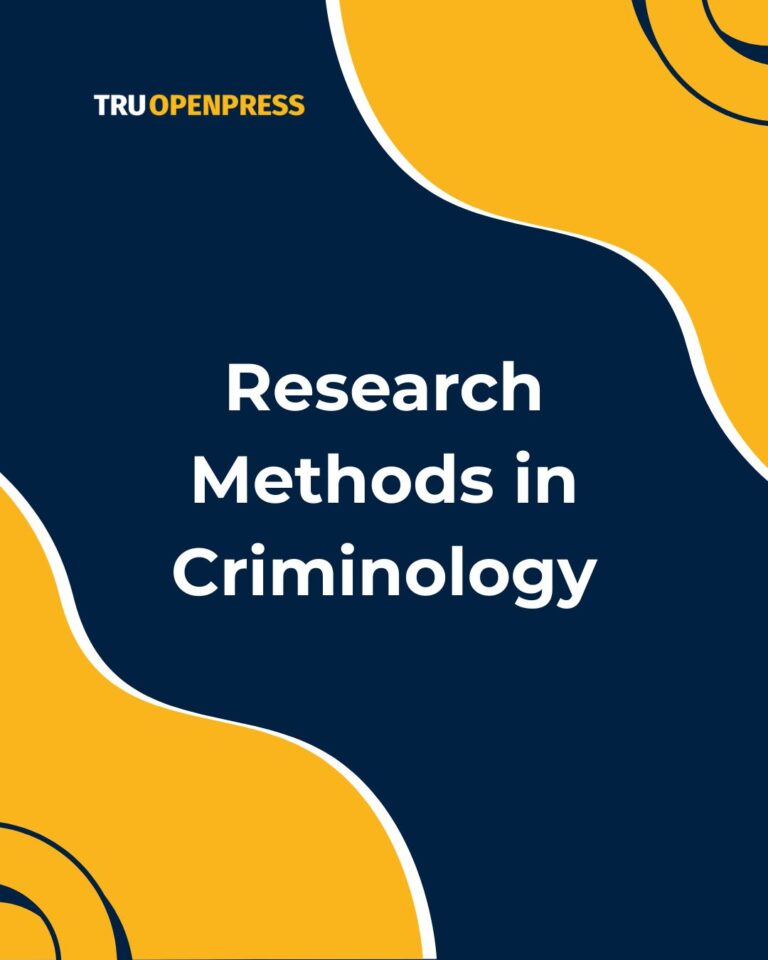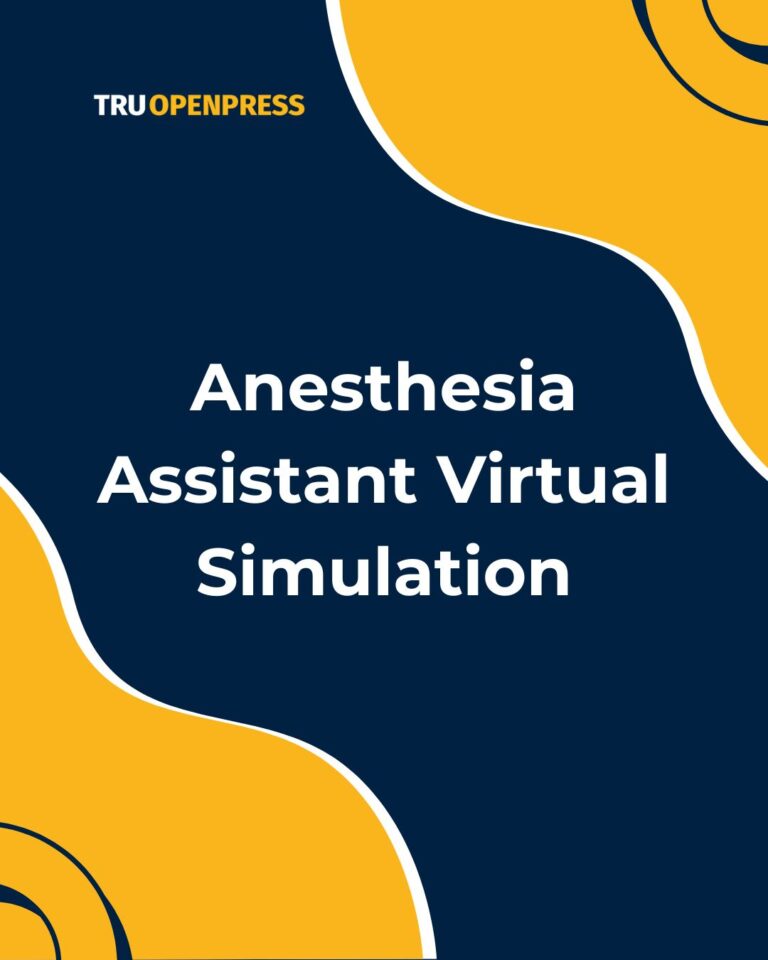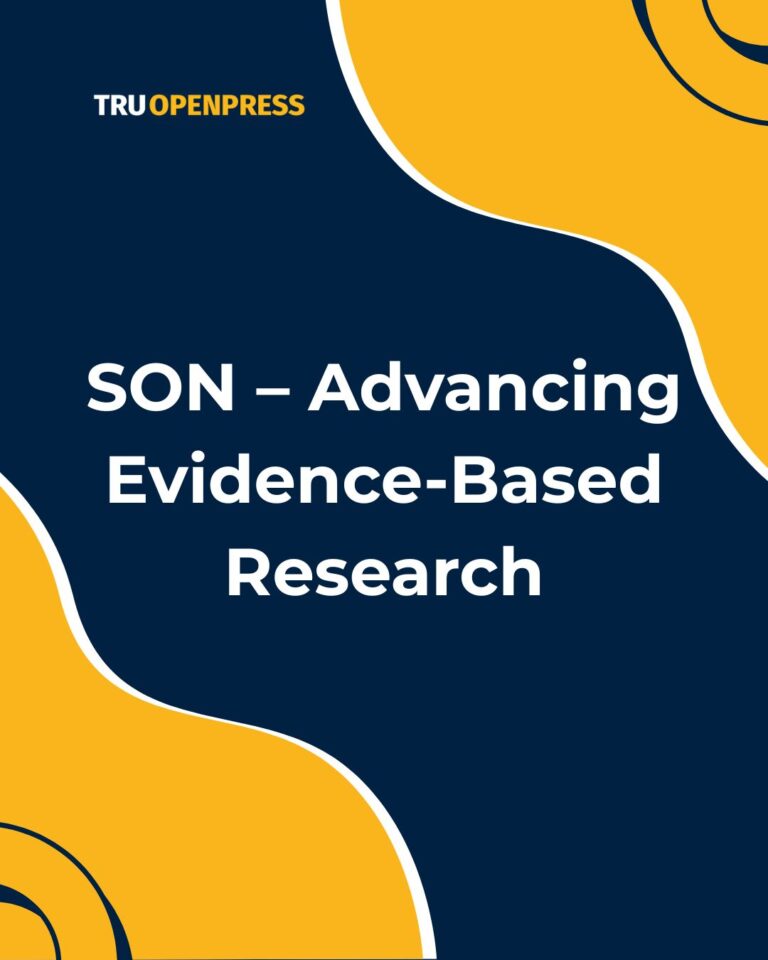Heuristics & Cognitive Biases in Social Reasoning

Faculty/Staff: Katia Dilkina
Platform: WordPress
Site link (if applicable): https://socialcognition.trubox.ca
Services provided: Site domain/setup, website design/layout, multimedia, platform support, WP training, copy editing, and copyright review
Description: This project explores how individuals form impressions, make judgments, and attribute behaviors. It offers insights into the cognitive processes underlying social reasoning, emphasizes the integration of cognitive principles with social psychology, and highlights the importance of mental structures and processes in shaping human behavior. The content is adaptable for use across disciplines and aims to make social cognition more accessible to a broader audience.
Impact Summary
- Used in course(s): PSYC 3611
- When: Winter 2025
- Estimated number of students using textbook(s): 100
- Average price of textbook replaced:
- The average price of Baron, R. A., & Branscombe, N. R. (2017). Revel for Social psychology + Access Card. (14th ed.). New York: Pearson. Type: e-Text. ISBN: 9780134625386-related textbook in Canada typically ranges from $80 to $120 depending on format (print or ebook) and publisher – we are using a modest estimate of $100/ high quality textbook, featuring accessibility and engaging components such as videos, graphics, and interactive H5P activity components.
- Estimated savings: $100 x 100 students = $10000
Impact Story
Written by Aiko Uehara
About the Author
Dr. Katia Dilkina, an Open Learning faculty member at Thompson Rivers University (TRU), developed an innovative open educational resource (OER) titled Heuristics & Cognitive Biases in Social Reasoning: Understanding the Underlying Cognitive Mechanisms. Originally from Bulgaria, Dr. Dilkina has an extensive academic background, with studies in Italy, Canada, and the United States and teaching experience in a wide range of psychology courses. Through this OER, Dr. Dilkina seeks to deepen students’ and learners’ understanding of how cognitive mechanisms influence our perceptions of others and our social behavior.
The Project and Its Significance
“[M]ost of us want to know about person perception — how we perceive other people and ourselves. [This project is] relevant in why that happens the way it does and how it […] informs behavior.” ― Dr. Katia Dilkina
Dr. Dilkina’s project addresses the topic of heuristics and social reasoning, a key area in psychology that explains how people make quick decisions, form judgments, and perceive others in social contexts. Although the subject is covered in many psychology courses, Dr. Dilkina believes that it is relevant beyond academia. Through this OER, learners are encouraged to explore the cognitive biases that influence their decision-making while reflecting on how these mental shortcuts impact real-life interactions and behavior.
Feature of the Project: Practical and Engaged Learning
This OER includes practical examples, real-world scenarios, and interactive prompts to help students connect theory to practice. Dr. Dilkina emphasized the importance of active learning, noting that “it is much more likely to have that long-lasting retention and understanding if you do have that more active component.”
By incorporating a range of learning modalities, this project caters to different learning styles. Text-based content is available for those who learn best through reading, while visual learners can engage with videos, graphics, and animations. Furthermore, the active learning components encourage students to think critically about the material and apply it to their own experiences, fostering deeper engagement and understanding.
Dr. Dilkina has received enthusiastic feedback from her students, particularly those in her PSYC 3611: “Social Psychology I” course, who used the OER to complete their assignments. Students appreciated its interactive nature, clarity, and accessibility—qualities that make the material easy to understand and engaging.
Support from the TRU Open Press
Dr. Dilkina’s project benefited greatly from the support of the TRU Open Press, which assisted in the website development, animation creation, copyediting, and content visualization. Through her collaboration with the TRU Open Press, Dr. Dilkina was able to create a more effective and impactful OER using WordPress, and enhanced her website development skills. Her partnership with the TRU Open Press allowed her to develop tools that enriched the student learning experience, enabling students to engage with the material at their own pace while fostering greater flexibility and accessibility.
Inclusion and Fairness
One of the core principles of this OER is its commitment to inclusivity and fairness. The content highlights how heuristics and cognitive biases are often linked to issues of diversity, bias, and discrimination. Dr. Dilkina emphasizes that understanding these cognitive mechanisms is crucial for addressing social challenges and fostering more equitable behaviors. For example, the OER explains the representativeness heuristic, which involves categorizing people based on superficial characteristics, while also exploring the underlying cognitive processes—such as memory and mental representation — that give rise to these biases. However, the project also provides students with a deeper understanding of how these biases are acquired, represented, and activated in the brain along with the context, offering a rare depth of insight often missing from traditional textbooks.
The self-paced, interactive nature of the resource ensures that students can revisit challenging concepts at their own speed, allowing for a more personalized and effective learning experience.
Future Vision
Looking ahead, Dr. Dilkina plans to maintain and further expand on the OER over time since psychology includes many resources and theories, including content from the 1950s to the present. While the current content primarily supports lower-level courses, she hopes to expand the resource to include more advanced material on social and cognitive phenomena, catering to upper-level psychology courses. She is also committed to reducing the reliance on costly textbooks by continuing to develop high-quality, freely accessible educational materials. By providing students with open resources that are both academically rigorous and practically applicable, Dr. Dilkina hopes to make psychology more accessible to learners worldwide.






